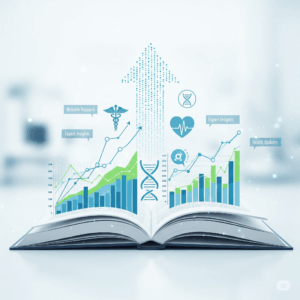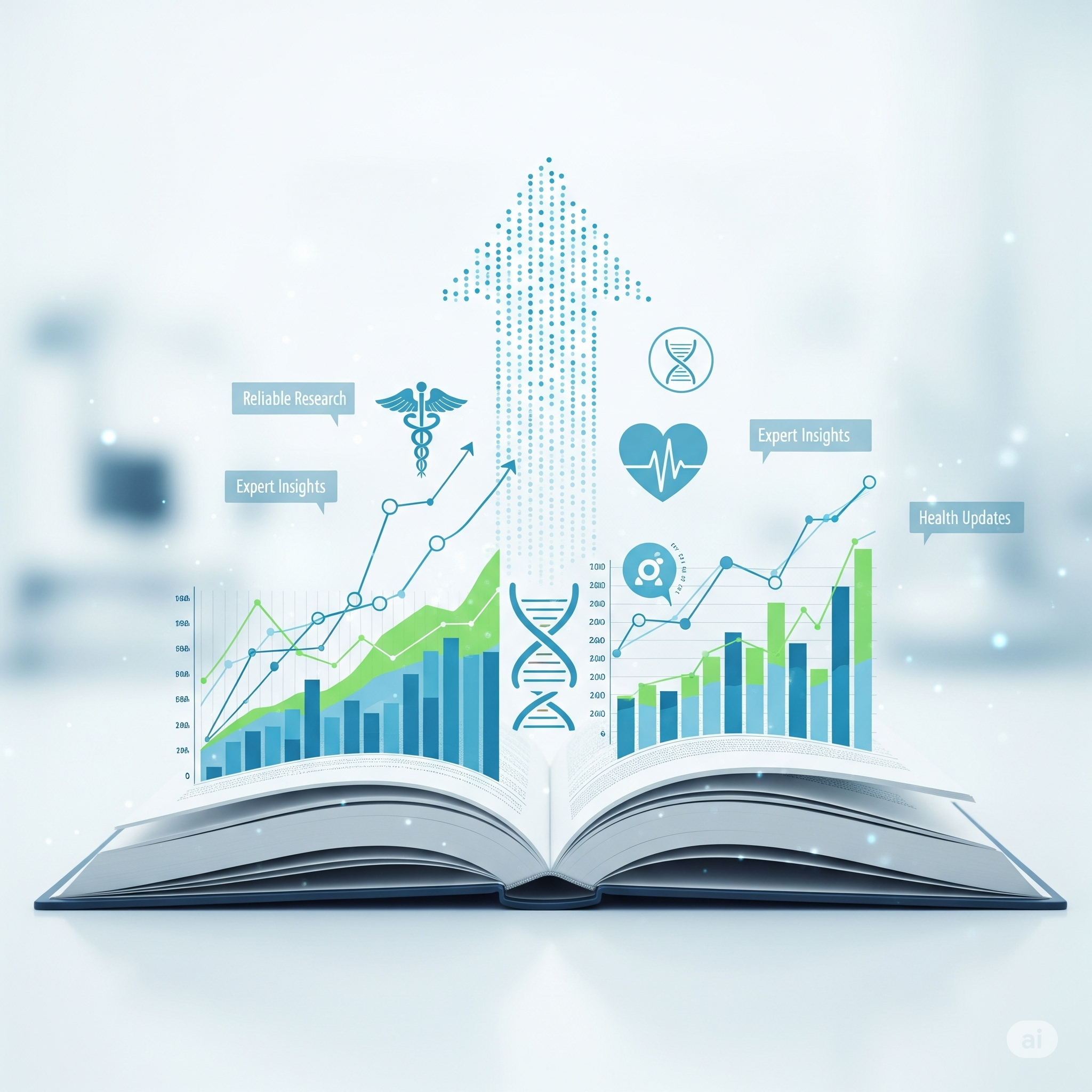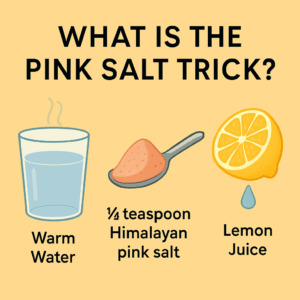If you’re one of the millions of Americans taking gabapentin for chronic pain, a groundbreaking new study might have you questioning your medication routine. Recent research published in Regional Anesthesia & Pain Medicine has revealed a concerning link between frequent gabapentin use and significantly increased dementia risk.
But before you panic and toss your medication bottle, let’s dive into what this study actually means for you and your health.
The Alarming Study Results: What Researchers Discovered
The study analyzed medical records from over 26,000 adults with chronic low back pain, and the findings were eye-opening. Receiving six or more prescriptions of the drug gabapentin for low back pain is associated with significantly increased risks of developing dementia and mild cognitive impairment (MCI)–29% and 85%, respectively.
Even more concerning? Patients with 12 or more prescriptions were 40% more likely to develop dementia and 65% more likely to develop MCI than those prescribed gabapentin between three and 11 times.
Who’s Most at Risk?
The research revealed particularly striking results for younger adults. People between 18 and 64 years old who received gabapentin were more than twice as likely to develop either condition than those who hadn’t been prescribed the drug.
This finding is especially relevant if you’re in your 30s, 40s, or 50s and managing chronic pain with gabapentin.
What Exactly Is Gabapentin?
Gabapentin, originally developed as an anti-seizure medication, has become one of the most commonly prescribed drugs for chronic pain conditions. You might know it by brand names like Neurontin or Gralise.
Doctors frequently prescribe gabapentin for:
- Chronic low back pain
- Nerve pain (neuropathy)
- Fibromyalgia
- Post-surgical pain
- Restless leg syndrome
The drug works by affecting calcium channels in your nervous system, which helps reduce pain signals. It’s often preferred over opioids because it’s considered less addictive and has fewer immediate side effects.
The Hidden Connection: How Gabapentin Might Affect Your Brain
While researchers are still investigating the exact mechanisms, several theories explain how gabapentin could increase dementia risk:
GABA System Disruption: Gabapentin affects your brain’s GABA neurotransmitter system, which plays a crucial role in memory formation and cognitive function. Long-term interference with this system might contribute to cognitive decline.
Sedative Effects: Many gabapentin users report feeling drowsy or “foggy.” These cognitive side effects might compound over time, potentially accelerating age-related brain changes.
Sleep Disruption: While gabapentin can initially improve sleep in some patients, long-term use might disrupt natural sleep patterns, and poor sleep quality is a known risk factor for dementia.
Should You Be Worried? Understanding the Real Risk
Here’s the thing – this research shows correlation, not causation. The study authors themselves emphasize that this is an observational study, and as such, no firm conclusions can be drawn about cause and effect.
However, it’s worth noting that not all studies agree. The study showed that gabapentin use not linked to higher dementia risk. No elevated dementia risk was found across varying dosage levels or among different age and gender subgroups according to some research.
What This Means for You
If you’re currently taking gabapentin, don’t stop cold turkey. Sudden discontinuation can cause serious withdrawal symptoms, including seizures. Instead, have an honest conversation with your healthcare provider about:
- Your current dosage and how long you’ve been taking it
- Alternative pain management options
- A gradual tapering schedule if discontinuation is appropriate
- Regular cognitive monitoring if you continue the medication
Safer Alternatives for Chronic Pain Management
The good news? You have options beyond gabapentin for managing chronic pain:
Non-Medication Approaches
- Physical therapy: Often more effective than medication for long-term pain relief
- Cognitive behavioral therapy: Helps change how your brain processes pain signals
- Acupuncture: Growing evidence supports its effectiveness for chronic pain
- Massage therapy: Can provide significant relief for musculoskeletal pain
Alternative Medications
- Topical treatments: Creams and patches deliver pain relief without systemic effects
- Low-dose antidepressants: Particularly effective for nerve pain
- Anti-inflammatory medications: When used appropriately, can be very effective
Lifestyle Modifications
Regular exercise, stress management, and proper sleep hygiene can significantly impact pain levels and overall brain health.
The Bottom Line: Making Informed Decisions About Your Health
This new research doesn’t mean gabapentin is inherently dangerous, but it does highlight the importance of weighing risks and benefits for any long-term medication use.
If gabapentin has been life-changing for your pain management, the cognitive risk might be acceptable to you. However, if you’ve been taking it with minimal benefit, or if you’re concerned about long-term brain health, it’s worth exploring alternatives.
Take Action: Your Next Steps
- Schedule a medication review with your doctor within the next month
- Keep a pain diary for two weeks to track your current symptoms and medication effectiveness
- Research local pain management specialists who offer comprehensive, multi-modal approaches
- Consider joining online support groups for people managing chronic pain naturally
Remember, the goal isn’t just managing today’s pain – it’s preserving your quality of life for decades to come. Your future self will thank you for making informed, proactive decisions about your health today.
This article is for informational purposes only and should not replace professional medical advice. Always consult with your healthcare provider before making changes to your medication regimen.
Sources:
- Regional Anesthesia & Pain Medicine (2025)
- Medical News Today
- Neuroscience News
- Fox News Health





